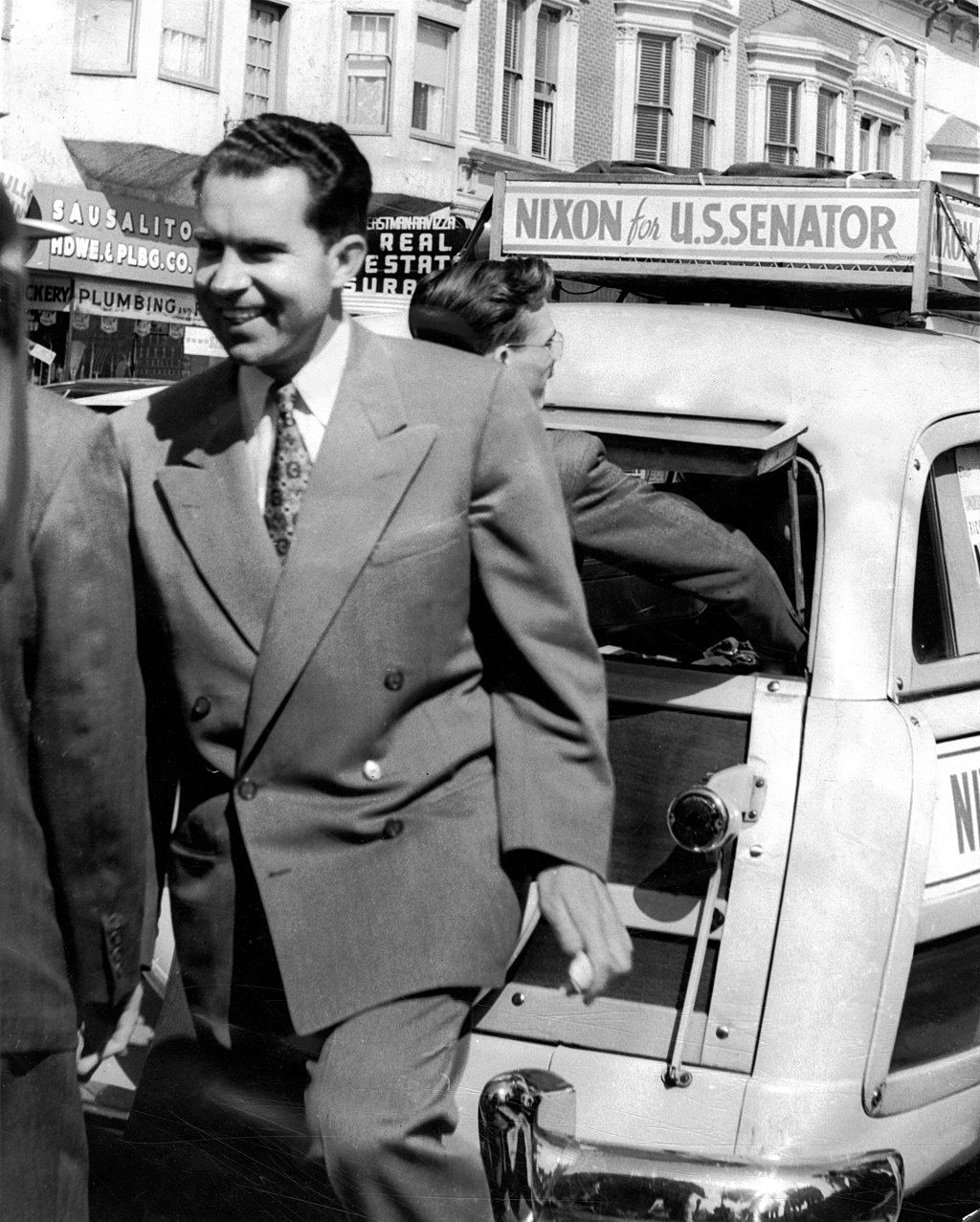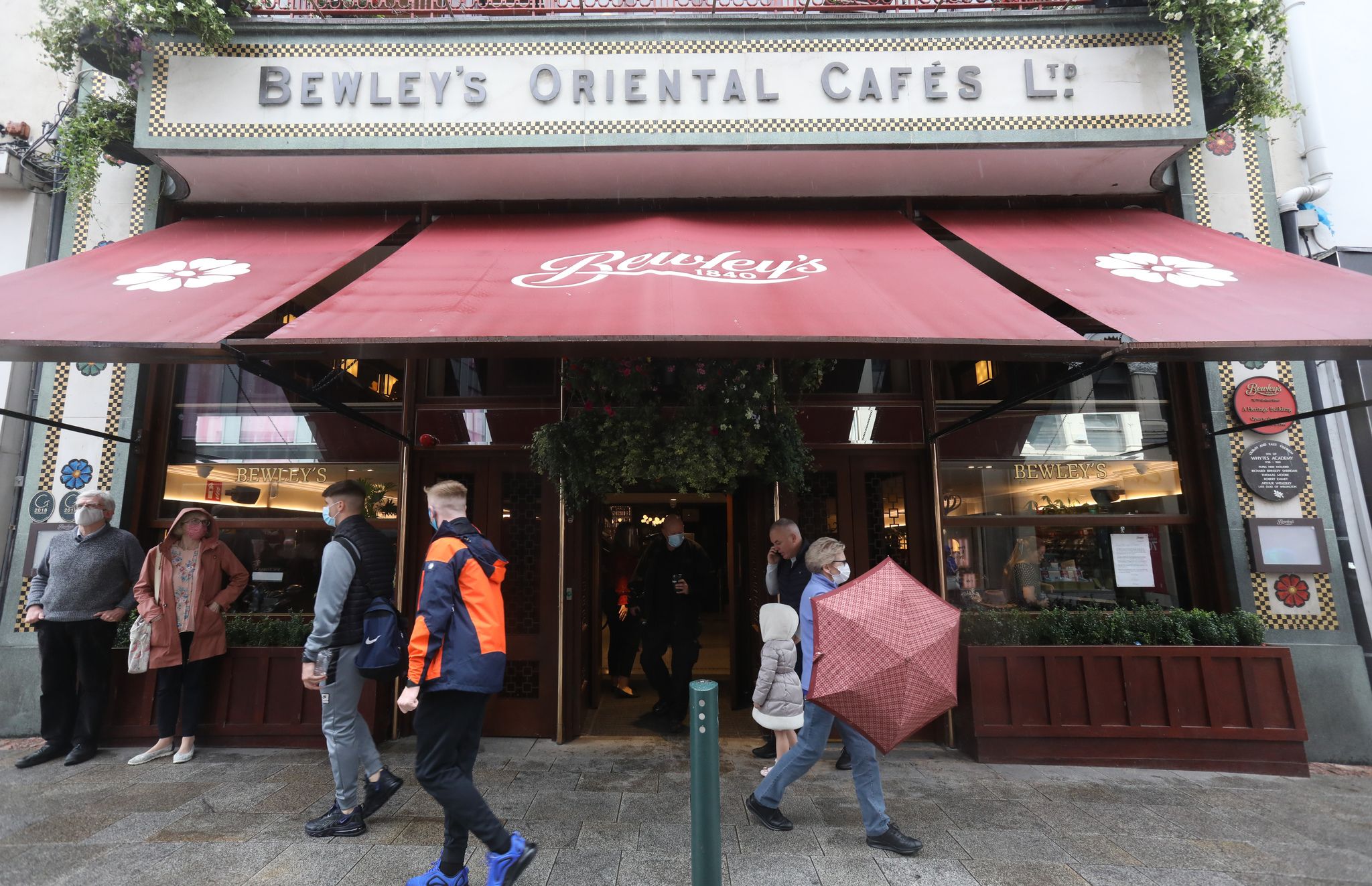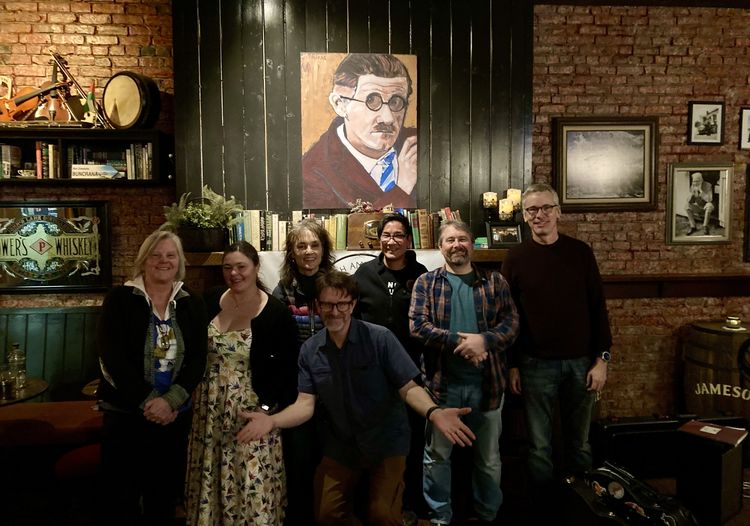With only 1,500 or so present-day members in Ireland, it is not surprising that many Irish people have never even heard of the Quakers; however, what the Quakers lack in numbers, they have more than made up in their centuries-long contributions to Irish business, philanthropy, social reform and cross-community work in Northern Ireland. The Quakers have a proud legacy in Ireland, which more people should recognize.
Founded by George Fox, a dissenter in Cromwell’s England, the Religious Society of Friends believed the light of God to be in everyone and that anyone could speak directly to God, a hugely controversial belief in the 17th-century British Isles. Because of their beliefs, Quakers refused to swear oaths of allegiance, something which excluded them from attending university. Central also to their faith is the belief that there is no need for priests or clergy to assist them in their relationship with God, and as a consequence they refused to pay tithes. They also controversially opposed military service. Even for the English Puritans, these beliefs were too radical, and the Quakers were mercilessly persecuted for heresy.
Some Quakers fled to Ireland for religious freedom. The first Quaker meeting took place in Ireland in 1654, and they held meetings in every Irish town up until the 20th century. William Penn, the famous founder of Pennsylvania, converted to Quakerism while dealing with his father's estates in Ireland. A huge number of Irish Quakers followed him to the new world, including the ancestors of President Richard M. Nixon.

Richard Nixon campaigning in Sausalito, Calif., during the U.S. Senate primary campaign of 1950.
During the era of the Penal Laws, the Quakers were treated almost as badly as the Catholics, but business was open to them and they held beliefs that well-suited them for success in business. Quakers did not gamble, drink alcohol, or engage in lavish spending on housing or clothes. Living very simply, avoiding ostentation and working hard, they often accumulated a lot of capital. Additionally, their social position outside both the Catholic and Protestant communities in Ireland, and the belief that they should only marry within the community, led to an accumulation of business interests, expertise and capital. Members of one family would also serve their apprenticeships in the businesses of other Quaker families, so strong business ties developed within the Quaker community. When the landed gentry were focused on their affairs in London and the Catholic majority were focused on agriculture and retailing, Quakers became industrialists and ship builders.
Famous for their business ethics, in which they practiced honesty above else, the Quakers started a number of very successful Irish businesses and the names of many Quaker families are synonymous with famous Irish businesses. Quakers became millers like the Goodbodys who milled flour, but other families also entered different areas of business. Waterford Crystal was founded by Quaker refugees. Quaker families were also instrumental in setting up Ulster’s famous linen business. The Davis, Malcomson, Pim, Goodbody, Grubb and Shakleton families dominated Irish ship building and shipping . Quakers were instrumental in building the first railway in Ireland, from Dublin to Kingstown The Lamb family started the Fruitfield jam business. The Jacobs in Waterford developed the water biscuit, which became a huge success because they took so long to go stale and led them into making biscuits. Bewleys cafes was the last large Quaker-run business in Dublin. The family’s control ended in the 1980s, though Patrick Bewley, great-great-grandson of Ernest Bewley, who opened the Grafton Street cafe in 1927, remains involved.
Quakers not only started businesses, but also treated their workers humanely. The Malcomsons, who established a huge cotton mill in Portlaw, Co. Waterford, employing 1,800 workers in the 1840s, built a model village for their workers. The Portlaw workers were provided with housing, schools for their children, and medical care. Likewise the Richardsons, who were involved in the linen business in County Armagh, built a model village in Bessbrook. Quakers in Ireland also have a long history of helping suffering people without regard to religion, beginning after the Battle of the Boyne in 1690. Quakers established the village of Ballitore in Co Kildare as a non-sectarian educational center of excellence during a time when most schools were closed to Catholics. Established by Abraham Shackleton, the school’s famous alumni included Edmund Burke and Cardinal Cullen, who was born in the village. Four Quaker schools remain in Ireland today.
During the Great Hunger, members of the Society of Friends were amongst those who best understood the seriousness of the situation and many of them reacted by setting up relief operations in their own areas. In the autumn of 1846 soup kitchens were set up by Quakers in towns such as Waterford, Enniscorthy, Limerick, Clonmel and Youghal. Irish Friends also appealed to Quakers in England and America to provide food and clothing. Quakers set up a model farm to demonstrate efficient crop cultivation and help people to manage their holdings better. Altogether, during the Famine, Friends raised £200,000 in aid, a huge sum of money at the time.
Quakers helped Irish society in other ways too. The Cork Street Fever Hospital in Dublin was founded by Quakers in the early 19th century. The Royal Hospital in Donnybrook, Dublin, was also originally a Quaker hospital. In 1876, a Quaker couple, Anna and Thomas Haslam, founded the Dublin Women’s Suffrage Association, the original membership of which was predominantly Quaker. In 1965, Victor Bewley of Bewley’s Café in Dublin began work to change the negative attitude towards the Irish Traveler community. He provided sites for travelers on his farm and became secretary of the Dublin Committee for Traveling People, then chairman of the National Council. In 1969, when sectarian violence flared in Northern Ireland, the Ulster Quaker Service Committee was founded, working with volunteers to assist displaced and threatened families. Belfast’s two Quaker Meeting Houses several times opened their doors to those escaping riots in the city. English Quaker Will Warren spent six years in Belfast as a one-man peace presence, listening to people on both sides and fostering inter-community dialogue.
In 1982, Quaker House Belfast was established to further the work of reconciliation and of befriending all parties in Northern Ireland. Quakers hoped to provide an informal meeting place in a safe neutral location where representatives could listen to the views of different parties and reach out to one another. Particularly after the peace process began in the 1990s, a large part of the work involved informal, off-the-record meetings between politicians. Mo Mowlam, Secretary of State for Northern Ireland in the British government during this period, said of the Quakers in a lecture at Friends House, London in 2002: “They did an incredible amount in a house where everyone knew they could be trusted… They told me who to listen to. Without them my life would have been much tougher than it was.” After the signing of the Good Friday Agreement in 1998, the role of Quaker House Belfast changed again to focus on community relations, dealing with the past, anti-racism and dialogue with former combatants. Quaker House Belfast closed in 2010. By then, the once unique role it had held in cross-community dialogue and peace-building had been taken up by many others.
Many Irish Quakers eventually married with people of other faiths, so their already small numbers dwindled even further, but though few in number their good work continues until today. Ireland’s Quakers play an important role working with imprisoned people. They started The Monica Barritt Visitors Centre at Maghaberry prison and inspired by this work, Dublin Quaker Service Committee began support work in Mountjoy Prison in 2010.








